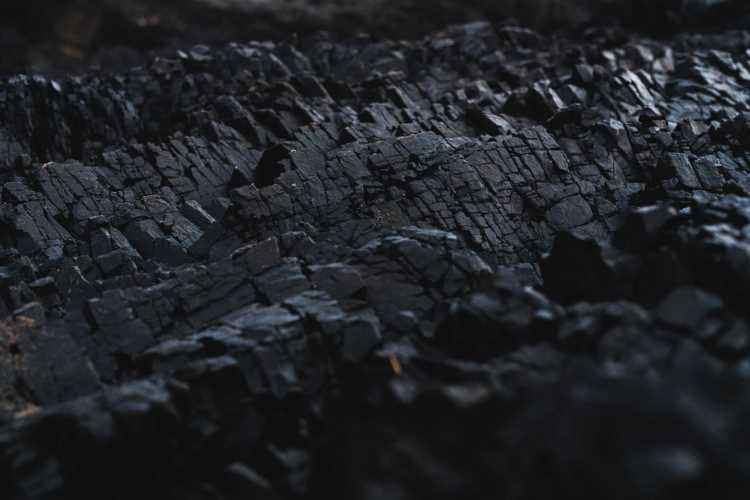
The Rajya Sabha on Thursday passed the Mineral Laws (Amendment) Bill, effecting changes in the Mines and Mineral (Development and Regulation) Act, 1957 and the Coal Mines (Special Provisions) Act, 2015. The Lok Sabha had cleared the Bill on March 6. The law will come into force once President Ram Nath Kovind gives his assent.
The amendment will allow companies without prior coal mining experience in India to take part in auctions of coal/lignite blocks. Companies with mining experience in other minerals and those with experience in other countries can also participate in coal auctions. The amendments will increase participation in auctions and attract foreign direct investment into the sector.
READ: A holistic mining policy can boost growth, employment generation: Experts
READ: World off target in global warming response, warns UN
The new law will open a new era in the mining sector by improving ease of doing business, Union coal and mines minister Pralhad Joshi said in a statement. The Bill will transform the mining industry by boosting coal production and reducing dependence on imports, he added.
Companies that are not end-users can also participate in the auctions of producing mines (schedule II) as well as those that are ready for production (schedule III). The removal of the end-use clause will allow companies to take part in coal mine auctions for purposes such as own consumption, sale, or for any other purpose specified by the government, the statement said.
READ: World off target in global warming response, warns UN
The new law will replace the ordinance for amendment of the MMDR Act and CMSP Act that was promulgated on January 11, 2020. Now companies can get prospecting licence-cum-mining lease for coal and lignite. This will help increase the availability of blocks of varying grades across the country. Here are the highlights of the amendment.
Removes end-use restrictions
Currently, miners acquiring schedule II and schedule III mines can use their produce only for specified uses such as electricity generation and steel making. The amendment has scrapped this provision.
Relaxes eligibility criteria
The amendment allows companies without prior coal mining experience in India to take part in coal auctions. The competitive bidding process will not apply to mines being allotted to government companies or joint ventures for own consumption, sale or any other specified purpose. This applies to companies that have been awarded power projects on the basis of tariff bids.
Composite licence for prospecting and mining
Separate licences are needed at present for prospecting and mining of coal and lignite. Prospecting comprises exploration and finding of mineral deposits. The law provides for prospecting license-cum-mining lease.
Non-exclusive reconnaissance permit holders
Non-exclusive reconnaissance permit holders can now apply for mining lease or prospecting licence-cum-mining lease. This will be applicable to certain licensees as prescribed by the amendment Bill.
Transfer of statutory clearances
Mining leases for minerals (other than coal, lignite, and atomic minerals) can be transferred to new persons through auction on expiry. The amendment provides that various approvals, licences, and clearances given to the earlier lessee will be extended to the new lessee for two years, during which period the successful bidder can continue mining operations. They must get all these clearances afresh within this period.
Reallocation after termination
The CMSP Act provides for termination of leases in certain cases. The amendment says such mines may be reallocated through auction or allotment by the Union government. The government may appoint a custodian to manage these mines until reallocation.
Prior approval from government
State governments need prior approval of the Centre for granting reconnaissance permit, prospecting licence and mining lease for coal under the MMDR Act. The amendment says prior approval of the central government is not required in granting licences in cases where the allocation has been done by the Centre or the block is reserved to conserve a mineral.
Advance action for auction
Mining leases for minerals other than coal, lignite, and atomic elements are auctioned on the expiry of the lease period under the MMDR Act. The amendment allows state governments to take advance action for auction of a mining lease.

